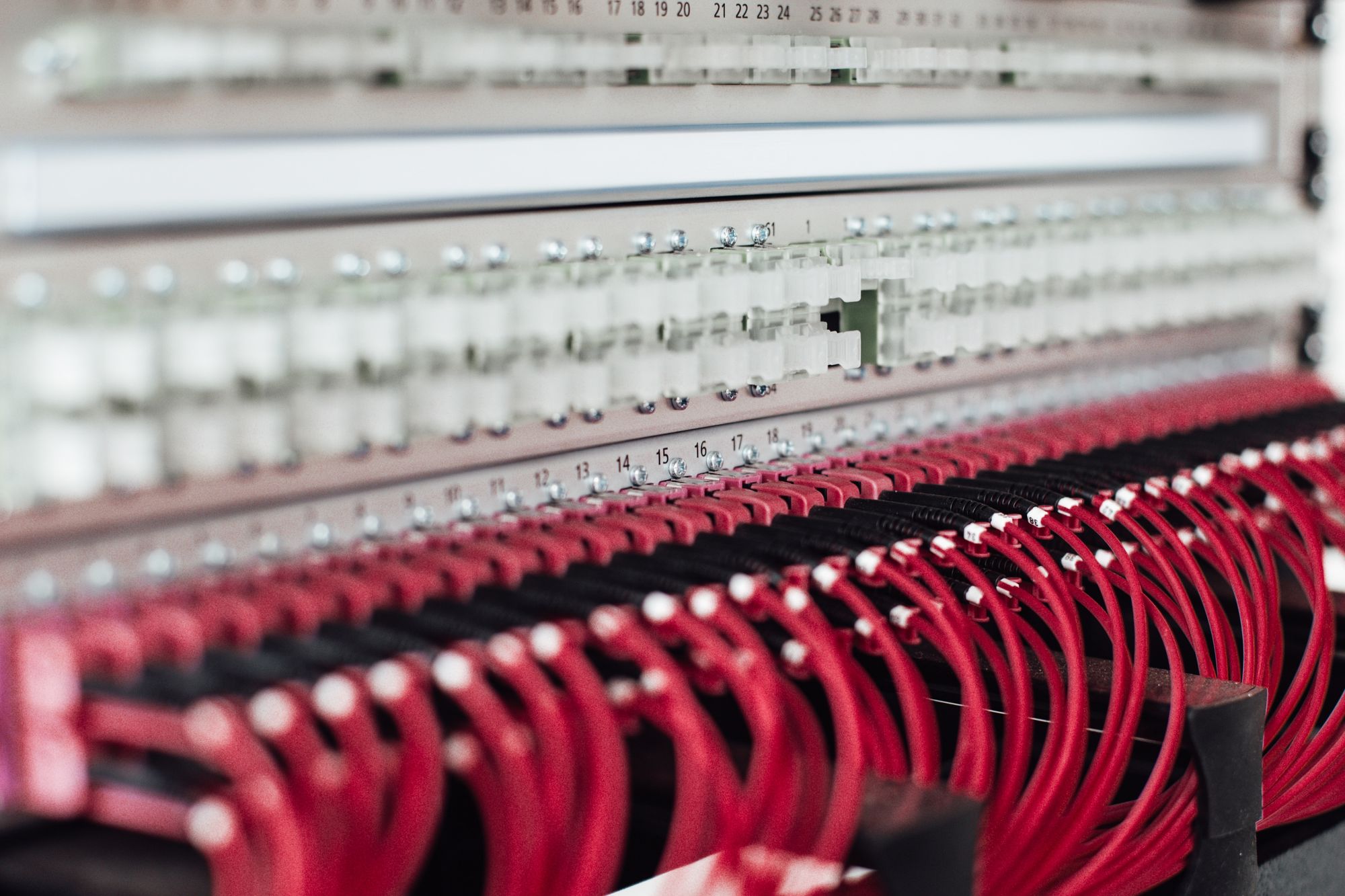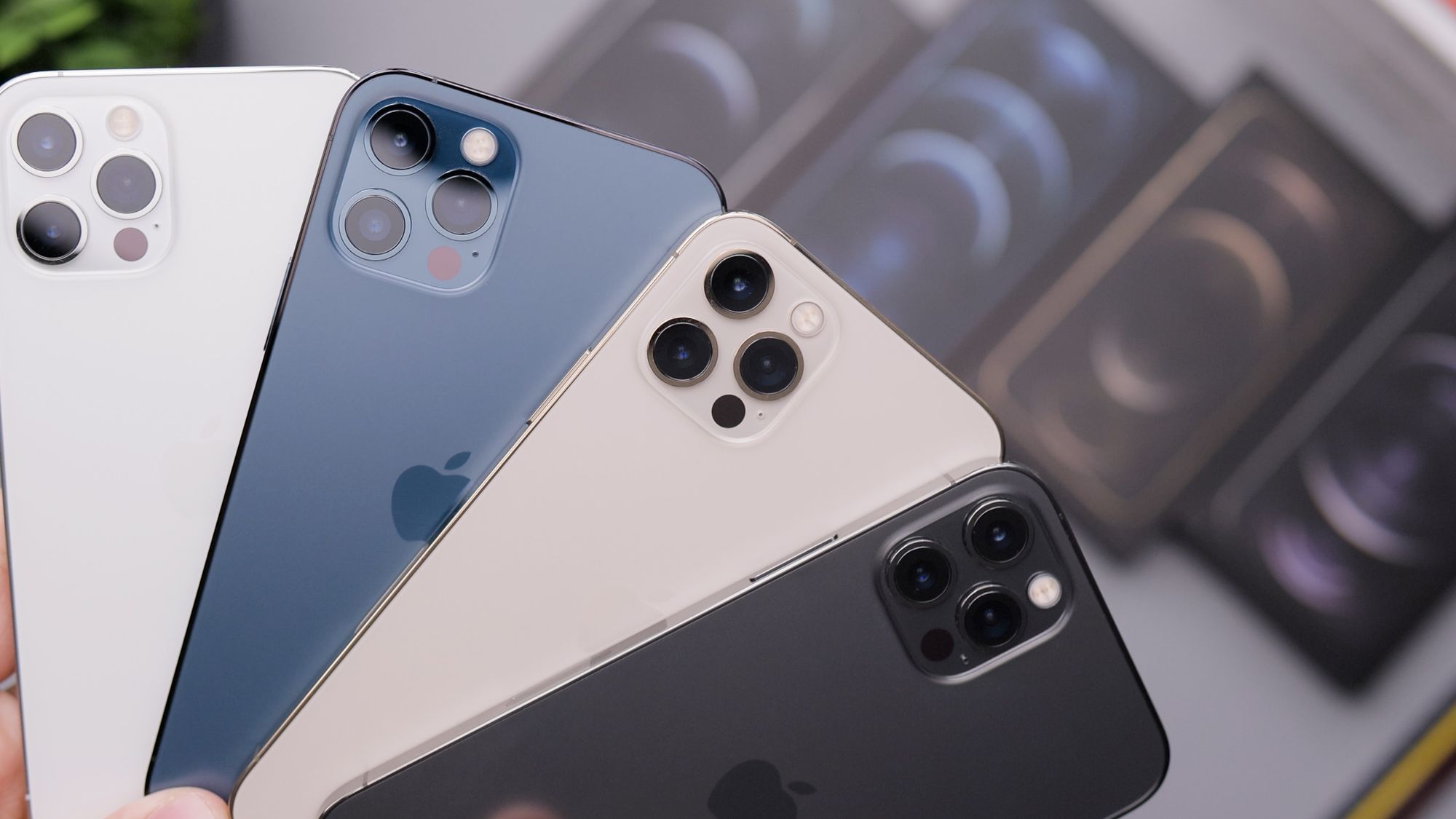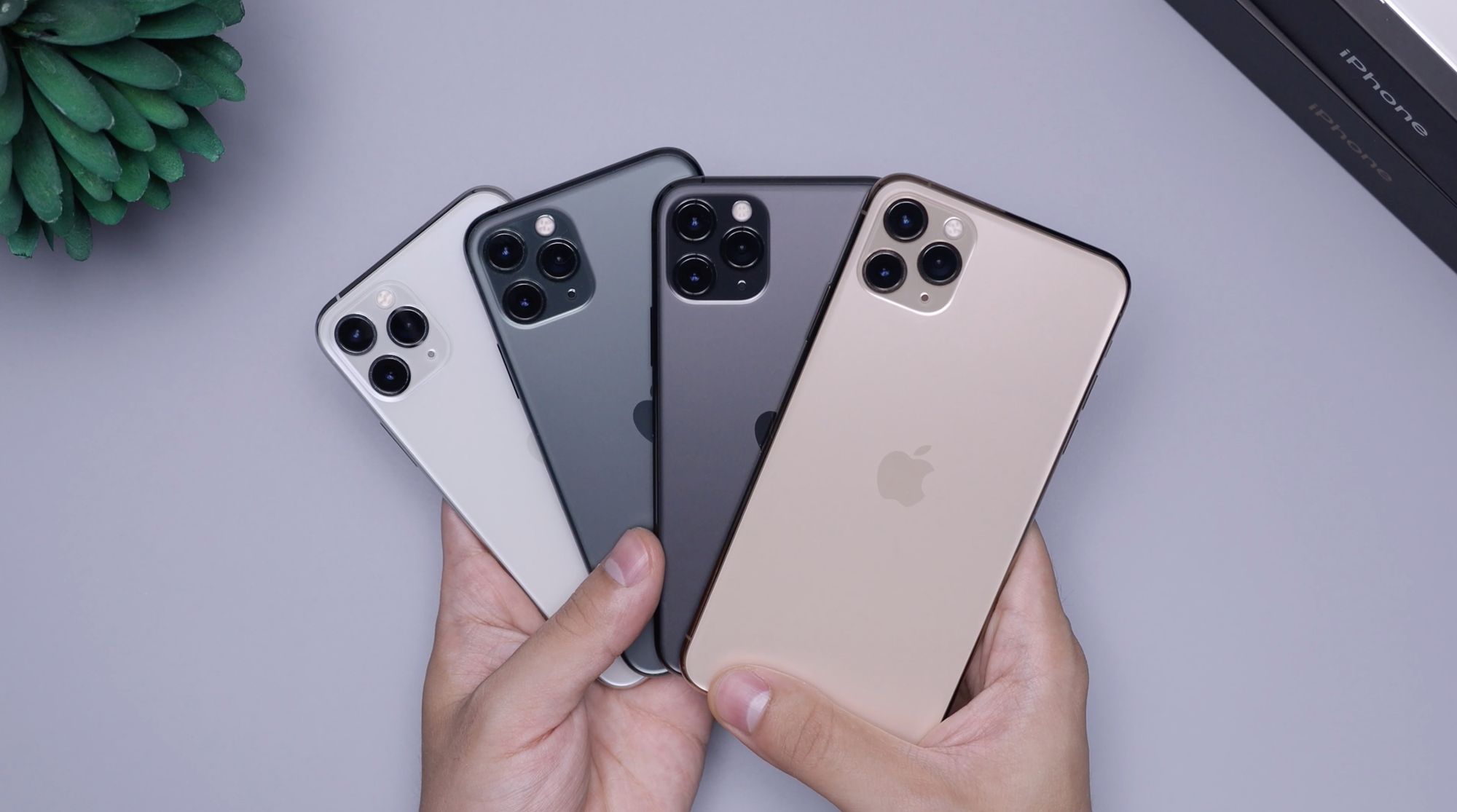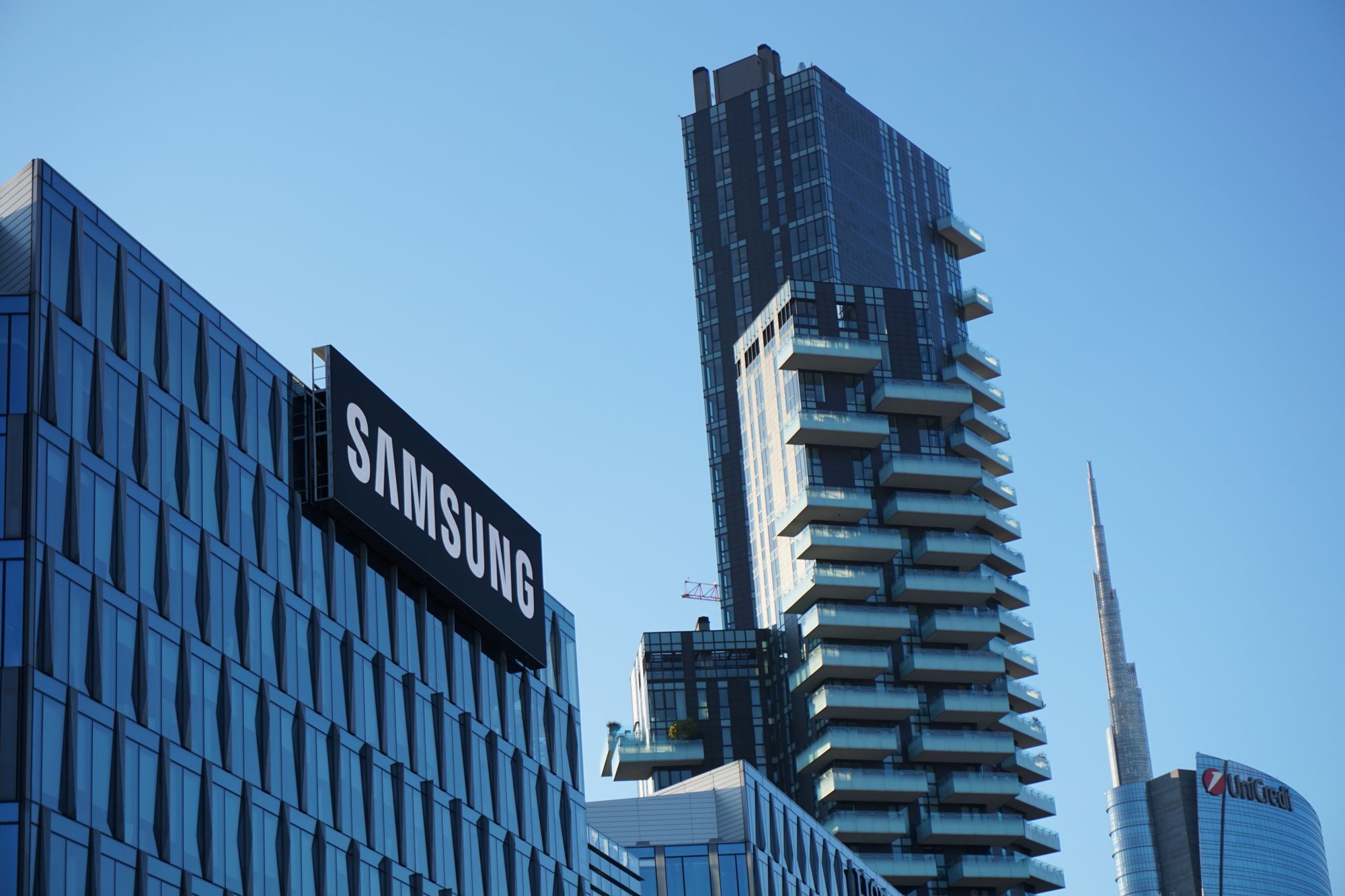The iPad’s Use In High Schools
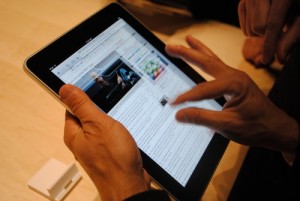 The past few years have been host to a growing number of outcries for educational reform, especially among public schools still enforcing pre-tech boom policies. Now that many, if not the majority of high school textbooks are available in some form online, shouldn’t we be looking at the prospect of replacing traditional (and environmentally destructive) educational media? Using digital textbooks in either PDF or the new iBook format promises to be an environmentally sound, if not widely adopted standard.
The past few years have been host to a growing number of outcries for educational reform, especially among public schools still enforcing pre-tech boom policies. Now that many, if not the majority of high school textbooks are available in some form online, shouldn’t we be looking at the prospect of replacing traditional (and environmentally destructive) educational media? Using digital textbooks in either PDF or the new iBook format promises to be an environmentally sound, if not widely adopted standard.
In addition to the most obvious benefit of saving paper by cutting down on text book production, an application enabling handwriting recognition with the help of a stylus promises to eliminate the need for notebook paper. Most HS students already use a “planner” or schedule of some sort to keep track of assignments, so why not let them go all-digital? Recording of lectures for later use? No problem. The possibilities are virtually limitless.
At my high school, policies forbid the use of any electronic device not provided by the district. While this is understandable to the person who sees constant abuse in the form of texting and cell phone gaming, these policies are a major hindrance to the modernization of public education. How is this reflective of the situation in a work environment, much less the college experience that high school is supposedly preparing me for? When an adult needs to know the definition of a word, does he run to a dictionary or Google first?
I’m not trying to become catalyst to a technological revolution. Back in the 90s, people thought that PDAs were going to take off among high school students, but now that the devices can do so much more, why has this trend died down? Because a few students have created the stereotype of technology as a distraction, rather than a tool? There are those of us who imagine a world devoid of paper shortage due to poor funding, a world in which ancient policies don’t allow bureaucracy to trump common sense. Of course, transitions like this can’t happen overnight, and buying an iPad is obviously not something every student can afford to do. Although this kind of technology is expensive today, past experiences tell us that it will be little more than two years before it becomes available on nearly every budget. Technology has found its place in mostly every other industry, why not this one? In an age where information is free and ridiculously easy to access, teaching kids to regurgitate vocabulary words is not what the public education system need to be doing.
How am I going to adapt to a new world, when my first 18 years of life in a classroom has taught me little more about computers than how to format a memo in MS Word? The same curriculum used on my grandfather should not remain unchanged 50 years later. How do we expect to compete on a global platform if the educational process is blind to the most influential factor of change in the modern world? This may seem to divert from the original “iPad” argument, however the issue here must be recognized as device-blind. It wouldn’t have mattered what device was being discussed, the obsolescence of our system is obvious to even the most naive international onlooker.
If high schools are to be regarded as places where students are being truly prepared, integration of technology beyond half-assed attempts have to be implemented, else the ways of stagnant tradition doom the future of human progress.

